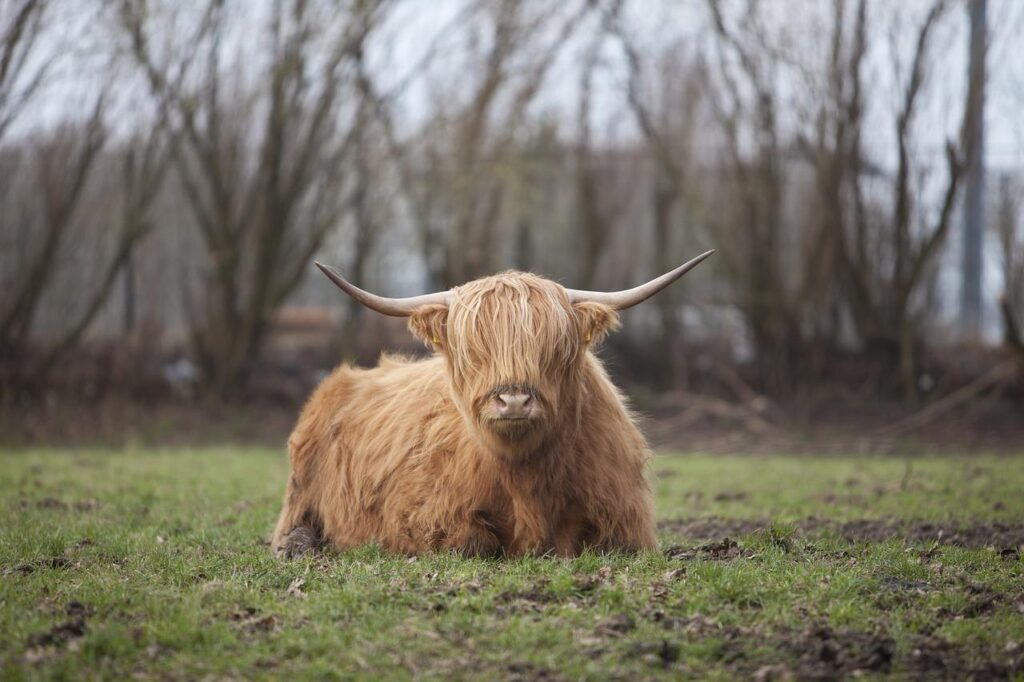Small mountain cows are lovely creatures renowned for their length, graceful look, and gentle temperament. However, they may be large opposite numbers of the pint-sized even though retaining small mounts requires cautious attention to the wishes and behavior of their specific.
Whether you’re a farmer or new to animal care, the management of miniature highlanders requires careful planning.
Below this, we will highlight the tips for the successful management of a Miniature Highlander.
1. Understand their precise trends:
Small mountaineers share identical developments as their similar-sized counterparts, which include coarse coats, lengthy, different horns, and easy but repetitive behavior and are small in stature, starting from 36 to 42 inches at the shoulder.
Expertise in their particular physiological characteristics and conduct is also crucial to suitable Miniature Highlander care.
2. Provide suitable haven and space:
Although mountain puppies are very adaptable to bloodless climates and hard terrain, they want adequate shelter and area to thrive. Provide a strong, weatherproof haven or pasture with safety from factors consisting of rain, wind, and intense warmness.
Make sure the refuge is properly ventilated and has enough space to transport to a snug role.
3. Provide nutritious feed:
Small mountain creatures have the same nutritional needs as traditional mountain farm animals and require a weight-reduction plan rich in extremely good forage, grass, and hay. You can include healthful food alternatives, such as complete grains or mineral dietary supplements, in their diets, to make sure they’re getting the nutrients and vitamins they want.
4. Ensure get right of entry to secure water:
An adequate water supply is essential for the health and proper well-being of young mountaineers. Always have get right of entry to to easy, right water. Use septic tanks, computerized drains, or herbal water sources from lakes or rivers.
Furthermore, you must regularly hold water quality and sanitation to save you from infection in to make certain high-quality water support.
5. Use normal grooming and maintenance:
Little mountains have long, delicate coats that need normal cleaning and renovation to keep them clean and healthy. Brush their garments frequently to put off dust, particles, and unfastened hair, particularly at some stage in losing.
For this purpose, you can also prefer residential surveying on a regular basis to monitor the areas that require grooming and maintenance.
6. Use powerful fences and restraints:
Young climbers are usually nicely-mannered and well-behaved. However, they need a steady fence and discretion to prevent escape and make certain protection there. Use timber or metal posts with twine or electric-powered fences or fences to provide a secure haven for your animals.
Check the fence often for harm or put on and connect any problems immediately to save them.
Routine fitness tracking and preventive care are critical to maintaining the well-being of young mountaineers.
It is essential to arrange for normal veterinary inspections, vaccinations, and deworming treatments to save you not unusual diseases and viruses. Monitor their general fitness and conduct carefully, and deal right away with symptoms of contamination, harm, or misery.


